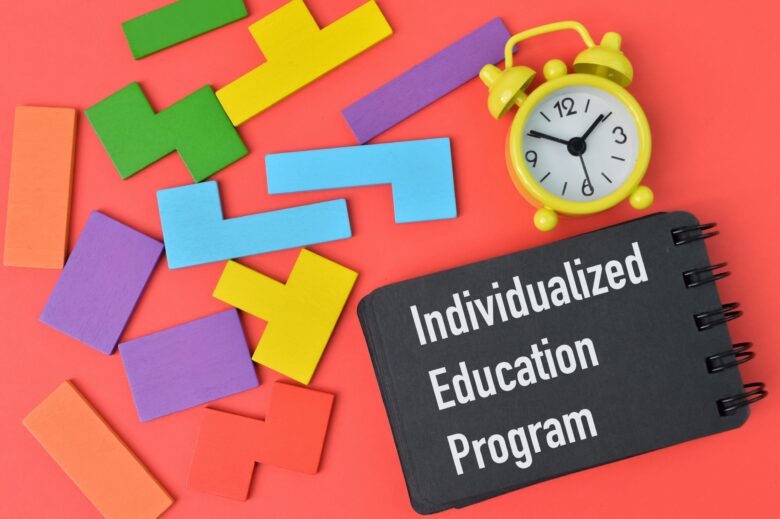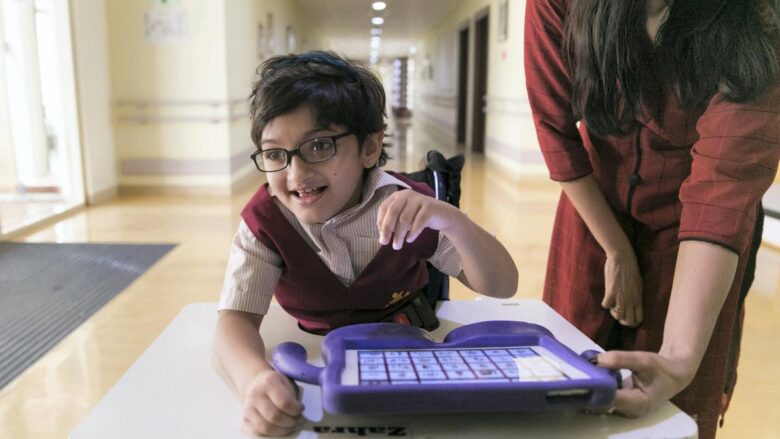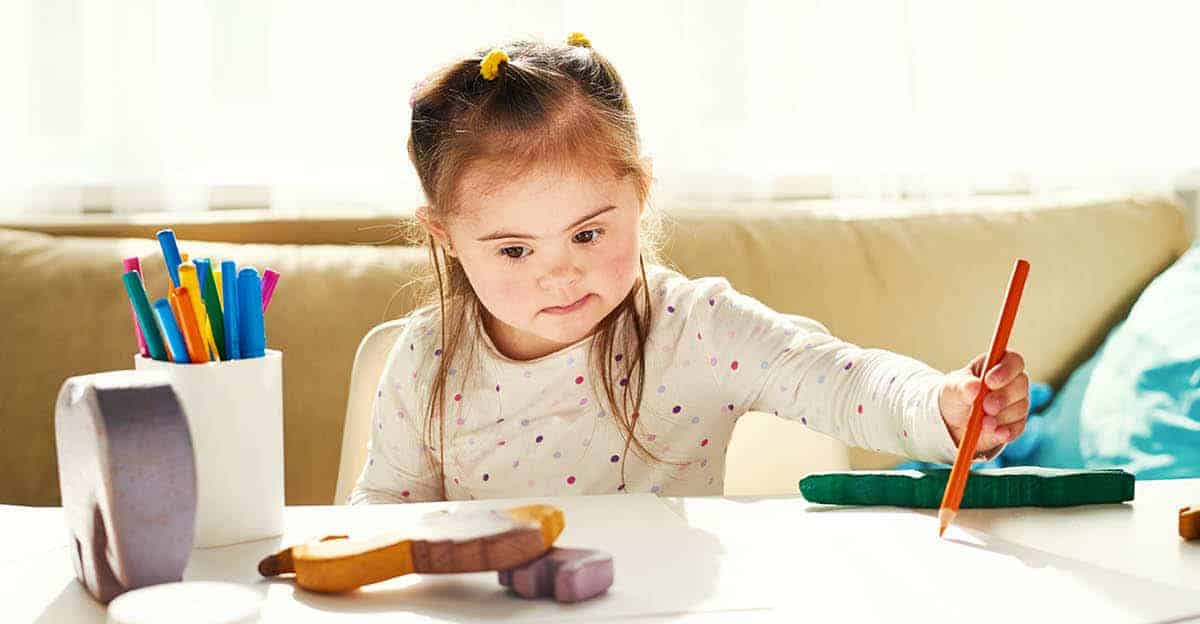Raising and supporting children with special needs presents a unique set of challenges and rewards. It requires a blend of patience, understanding, and creativity to foster an environment where these children can thrive. In this article, we delve into several strategies that caregivers, educators, and communities can adopt to support the growth and development of children with special needs. While every child’s requirements are distinct, these general approaches can be tailored to fit individual situations, offering a pathway to success.
“Special needs” refers to a wide range of challenges that some children might encounter, which can be intellectual, emotional, physical, or a combination of these. Such needs require additional support in learning or daily activities to achieve a level of independence similar to their peers. Common examples include Autism Spectrum Disorders (ASD), Attention-Deficit/Hyperactivity Disorder (ADHD), learning disabilities like dyslexia, physical disabilities such as cerebral palsy, and sensory impairments, including vision and hearing loss.
Early diagnosis and intervention are crucial for supporting children with special needs, as this lays the groundwork for developing coping strategies, skills, and the use of therapeutic resources. These efforts are not aimed at ‘curing’ the condition but rather at maximizing the child’s abilities and independence, ensuring they can lead the most fulfilling life possible. By identifying and addressing these needs early on, children can receive tailored support that significantly enhances their quality of life, contributes to their emotional and social development, and helps integrate them more successfully into all facets of community life.
If you want to know about some of the best strategies for supporting children with special needs, here are some of the top ones.
Contents
- Therapeutic Support Services
- Creating an Inclusive Environment
- Family and Community Support
- Individualized Education Plans (IEPs)
- Positive Reinforcement
- Embracing Technology
- Mindfulness and Relaxation Techniques
- Sensory Integration Activities
- Nurturing Social Skills
- Adapting Learning Materials
- Collaborative Learning Approaches
- Conclusion
Therapeutic Support Services

Many children with special needs benefit from a range of therapeutic services, including occupational therapy, speech therapy, and physical therapy, among others. For those interested in exploring additional therapeutic options, ABA therapy services can offer customized support, focusing on integrating various strategies to enhance learning and development. These services are not just about overcoming challenges but are focused on building strength, confidence, and independence. Accessing these services early and regularly can be pivotal in a child’s development.
Creating an Inclusive Environment
Inclusivity is at the heart of supporting children with special needs. It’s about creating spaces where differences are not just tolerated but celebrated. Schools and homes can be adapted to be more accessible and accommodating, ensuring that every child feels valued and part of the community. When discussing a child’s special needs with other children and adults, it’s beneficial to use phrases like “they experience the world differently than you might” or “they have unique strengths and ways of learning.” This approach fosters understanding and empathy, emphasizing inclusivity and the value of diverse perspectives.
Family and Community Support
The role of the family and the wider community in supporting children with special needs cannot be overstated. Creating a supportive network can alleviate the pressures on individual caregivers and provide a richer, more diversified environment for the child. Support groups, both in-person and online, can offer invaluable advice, experiences, and comfort to families navigating similar journeys.
Individualized Education Plans (IEPs)

Source: wapave.org
Education is not one-size-fits-all, especially for children with special needs. Individualized Education Plans (IEPs) are crucial. These are tailored educational programs designed to meet the unique needs of a child. By collaborating with educators, therapists, and the child themselves, families can ensure that learning objectives are both ambitious and achievable.
Positive Reinforcement
Praise and reinforcement are powerful tools in supporting behavioral and educational development. Celebrating small victories and progress, no matter how minor they might seem, boosts confidence and encourages children to keep striving. Positive reinforcement helps in shaping desired behaviors and fortifying learning achievements.
Embracing Technology

Source: vydehischool.com
Technology can be a significant enabler for children with special needs. From educational apps that make learning more interactive to communication aids for those with speech impairments, the right technology can offer avenues for children to express themselves and engage with the world in ways that were previously inaccessible.
Mindfulness and Relaxation Techniques
Incorporating mindfulness and relaxation techniques into a child with special needs routine can offer numerous benefits. Techniques such as deep breathing exercises, guided imagery, or yoga designed for children can help in managing anxiety, improving concentration, and promoting emotional well-being. These practices not only aid in relaxation but also empower children with the skills to self-regulate in stressful situations.
Sensory Integration Activities
Engaging children with special needs in sensory integration activities can greatly enhance their sensory processing abilities, helping them to better navigate their environment. Activities such as playing with textured toys, sensory bins, or therapeutic brushing can be beneficial. These activities, often guided by occupational therapists, support children in making sense of the sensory input they receive from the world around them, thereby improving focus, coordination, and participation in daily activities.
Nurturing Social Skills
Developing social skills is crucial for all children, including those with special needs. Social stories, role-playing, and organized group activities can be effective strategies to teach nuanced social norms and cues. Fostering social interactions in settings that feel safe and supportive can encourage children to practice these skills, thereby enhancing their ability to form and maintain relationships.
Adapting Learning Materials

Source: schoolspecialty.com
Customizing learning materials to meet the unique needs of children with special needs is essential for their educational advancement. Visual aids, tactile learning tools, and adapted books can significantly enhance comprehension and retention. Incorporating technology, such as tablets or software designed for accessibility, further personalizes the learning experience, making education more interactive and engaging. By adapting these materials, educators and caregivers can create a more inclusive learning environment that accommodates the diverse needs of all learners.
Collaborative Learning Approaches
Encouraging children with special needs to participate in collaborative learning activities can significantly enhance their educational experience. Group projects, peer-to-peer tutoring, and inclusive classroom settings foster an environment of mutual respect and understanding. Such approaches not only promote academic learning but also boost social skills, teamwork, and empathy among students of all abilities. Collaborative learning strategies ensure that each child, regardless of their needs, can contribute their unique perspectives and talents, thereby enriching the learning environment for everyone involved.
Conclusion
Supporting children with special needs is a journey of love, understanding, and persistence. By adopting an inclusive approach, leveraging technology, and accessing educational and therapeutic resources, caregivers and communities can make a profound difference in the lives of these children. The goal is always to empower them to reach their fullest potential, celebrating each hurdle overcome and every milestone achieved. With the right support, children with special needs can not only navigate the world more easily but can thrive and illuminate it with their unique perspectives and talents.
